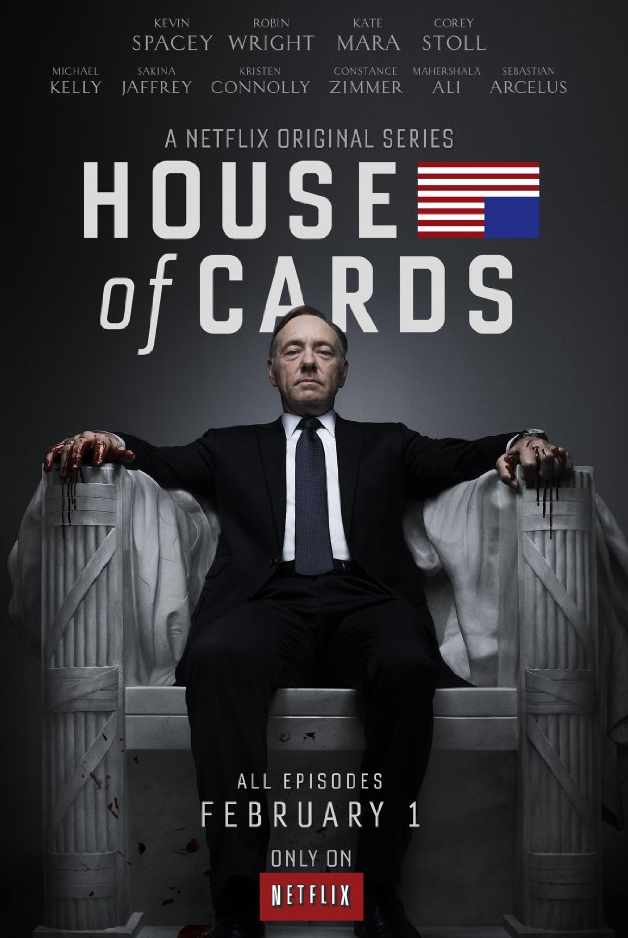Netflix Strives to Revolutionize the TV Viewing Experience
February 7, 2013
Reed Hastings once led Netflix as an effective distributor of movies and TV shows through the U.S. Postal Service, but always envisioned the company becoming the premier provider of streaming video content. Now the CEO hopes to stay ahead of the competition by positioning Netflix to take on HBO as a provider of premium video content. Hastings’ move is undoubtedly risky, but he sees it as a necessary step towards the future of television.
 Hastings first wants to change the way people consume television. Rather than waiting for a show to come on every week and then sitting through commercials, Hastings wants people to have the option to watch a show episode after episode.
Hastings first wants to change the way people consume television. Rather than waiting for a show to come on every week and then sitting through commercials, Hastings wants people to have the option to watch a show episode after episode.
“The point of managed dissatisfaction is waiting,” he explains. “You’re supposed to wait for your show that comes on Wednesday at 8 p.m., wait for the new season, see all the ads everywhere for the new season, talk to your friends at the office about how excited you are.” But he views that method as antiquated, and seeks to bring instant satisfaction to the Netflix streaming audience.
Hastings has poured hundreds of millions of dollars into original series like “House of Cards” and “Orange Is the New Black,” and also the much delayed fourth season of “Arrested Development.” Though, even as Netflix brings in billions of dollars of revenue, Hastings’ new strategy does not have nearly the profit margins he once enjoyed (about 50 percent for mail and 17 percent for streaming).
Hastings hopes his new vision will change storytelling. He sees no reason why shows need to be twenty minutes or an hour. He thinks shows should be the length they need to be, and allow viewers to watch at their own pace.
He wants to position Netflix alongside HBO and ESPN as brands that could work as standalone streaming companies. Netflix currently operates under the premise that bringing in new subscribers helps pay for new content and keeps existing subscribers happy with a stream of fresh content. Hastings hopes to get Netflix into 90 million homes — a tall order since only 80 million homes currently have broadband.
“The strategy may gut some media conglomerates along the way and could prove too costly for even a cash-rich company like Netflix to sustain, but one thing is certain: It will make a lot of viewers — bingeing on brand-new shows made by the hottest writers, directors, and producers — deliriously happy,” suggests GQ.

No Comments Yet
You can be the first to comment!
Sorry, comments for this entry are closed at this time.